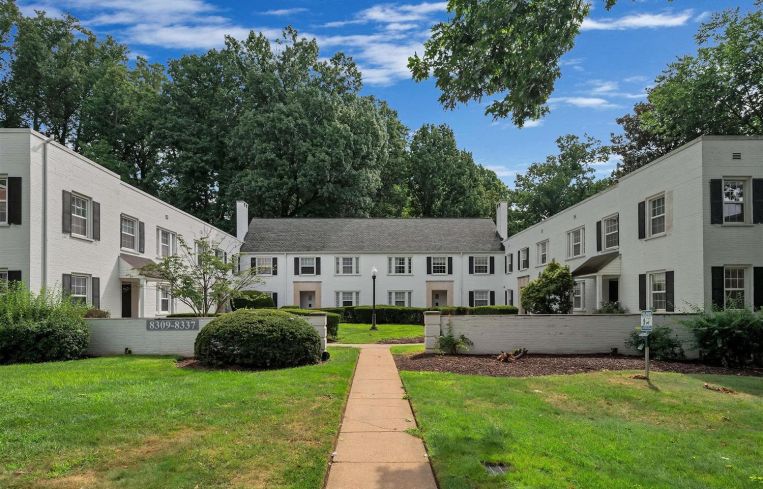Nonprofit to Convert 170 Silver Spring Apartments to 1250 Affordable Units
By Keith Loria September 27, 2023 4:21 pm
reprints
The nonprofit Arlington Partnership for Affordable Housing (APAH) has acquired 170 apartments in the north parcel of the Falkland Chase apartment community in Silver Spring, Md., for $36.5 million.
APAH plans to redevelop the community into 1,250 units of affordable housing over the next couple of years.
Seller JBG Smith bought the Falkland Chase community for $98 million in 2013, when the entire complex had 450 units. JBG Smith also sold the south and west parcels that comprise 280 units of the community to a partnership made up of Bank of America, Enterprise Community Partners’ Middle-Income Housing Preservation Fund and the Washington Housing Initiative Impact Pool. No sales details were disclosed on that portion of the deal.
The north parcel of Falkland Chase has already received the green light for 1,250 new units. To maximize affordability, however, APAH plans to adjust the current site plan.
Upon vacancy and/or turnover, the existing 170 garden-style apartments will be leased at rents affordable to residents earning 60 to 65 percent of the area median income (AMI), which is currently $91,970 a year for a household of four.
Once built, the new apartments will also be targeted as affordable for residents making at or below 60 percent of AMI.
Woodforest National Bank and National Housing Trust Community Development Fund provided a private loan of $20.1 million for the acquisition.
Additionally, Montgomery County committed $19.5 million in funding through a combination of the Department of Housing and Community Affairs’ Housing Initiative Fund and Affordable Housing Opportunity Fund programs, for the redevelopment.
“The county is at risk of losing more than 10,000 naturally occurring affordable housing units over the next 10 years,” Montgomery County Executive Marc Elrich said in a prepared statement. “The county has more than 30,000 renters with households spending 50 to 60 percent of their income on rent alone. We have an obligation to protect the people who live and work in Montgomery County, and to make sure new residents and employees can afford to stay here.”
Update: This story originally misattributed source material. This has been corrected. We apologize for the error.
Keith Loria can be reached at Kloria@commercialobserver.com.



